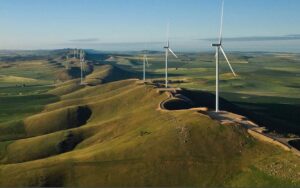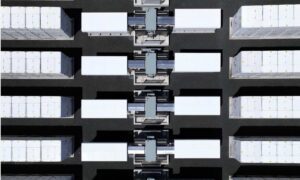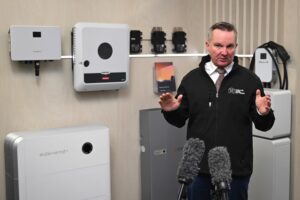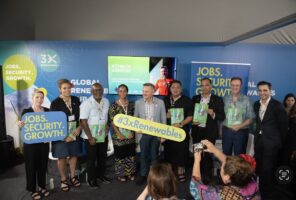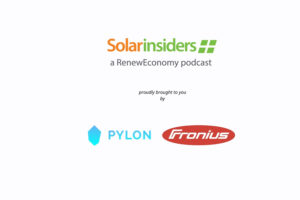Just weeks after Japanese car maker Toyota unveiled its market ready solar-integrated Prius hybrid EV, Chinese solar panel maker Hanergy has announced plans to commercialise four PV-powered – “zero charging” – electric vehicle models of its own design.

Launched amid much fanfare in Beijing over the weekend, the four prototype Hanergy Solar cars feature varying quantities of the company’s flexible thin-film solar cells – which boast a conversion rate of 31.6 per cent – and lithium-ion battery systems allowing for 350km of range.
Among the company’s claims, Hanergy says that five to six hours of sunlight should allow the cars’ thin-film solar cells to generate between 8-10kWh of power a day, allowing the car to travel about 80km on solar power alone.
This “zero charge” feature, the company says, will help do away with the problem of range anxiety, with vehicles no longer needing to rely on charging stations for short and medium-distance car trips.

In the cases of weak sunlight or long-distance travel, drivers can recharge the lithium-ion batteries using traditional EV charging stations, to a maximum travel capacity of 350km.
Hanergy chairman Li Hejun, who (above) drove one of the four solar EV models around the Beijing venue under a spotlight, said the cars showcased the latest achievements of the company’s new mobile energy strategy.
Indeed, Hanergy had planned to launch the solar cars in May 2015, but had delayed this after the suspension of the company’s shares more than a year ago, following a 47 per cent share price plunge in one day.
“Breaking the bottleneck of poor practicality of previous solar-powered vehicles, the four launched by Hanergy are the first full thin-film solar power vehicles that can be commercialised, redefining new energy vehicles,” the company said in a statement.
Although, as this Bloomberg report has noted, Hanergy’s innovation may only serve to replace range anxiety with “cloud anxiety.”
Bloomberg also reports that the company has also signed a framework agreement with Foton Motor for cooperation in developing clean energy buses.



